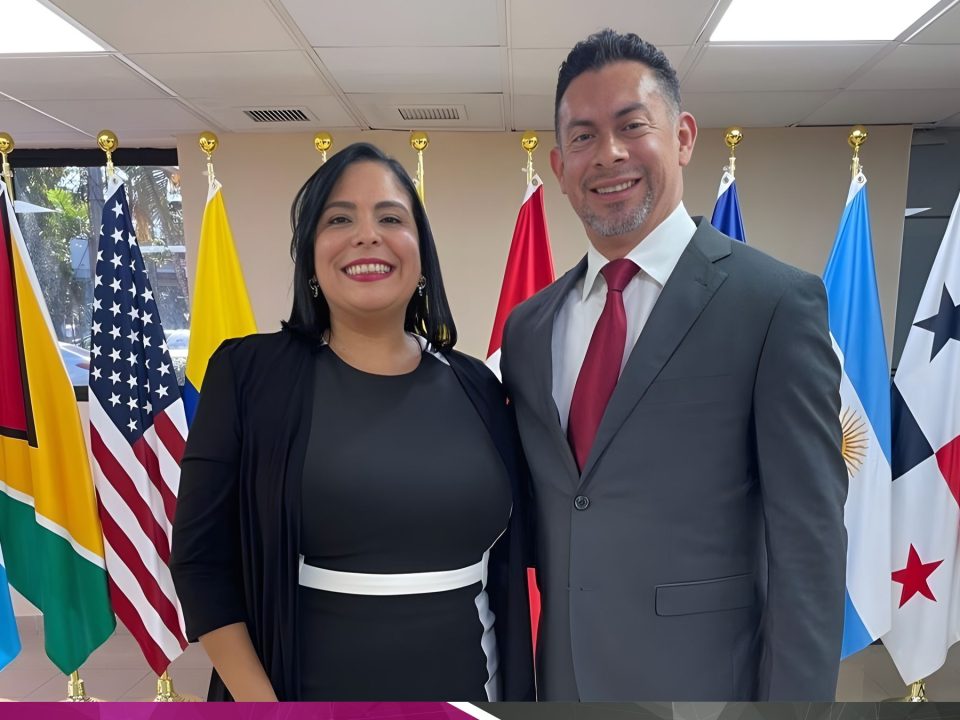
Podcast: Lessons from the first reporting period of Economic Substance in the BVI
08/04/2021Panama creates Short Stay Visa for Remote Work
24/05/2021Complaint Action Procedure in a Public Bidding
We have all read in the media about the complaint actions filed by companies in public acts, but do we really know the meaning of a complaint action and the grounds on which a bidder can impose such a remedy?
When a bidder, i.e. natural persons, legal persons or consortiums composed of such persons, participates in a contractor selection process, as is the case of a Public Bidding, and maintains grounds for disagreement with the process carried out by the Bidding Entity, the bidder is entitled to file a complaint action against the process based on Law 22 of June 27th, 2006, amended by Law 153 of 2020 which regulates Public Procurement (the “Law”).
The Law sets forth that a complaint action may be filed against any legal or arbitrary act or omission occurred during the bidder selection process before it is awarded, declared void or cancelled, through a kind of remedy which must be filed before the General Directorate of Public Contracting (DGCP, for its acronym in Spanish) following the formalities and terms set forth by the Law. It is important to consider that when the DGCP admits a complaint action, the public act is suspended, i.e. the terms are suspended, if you forgive the repetition, until the remedy is resolved.
According to the new amendment to the Public Procurement Law, there are two types of complaint actions, against: (i) the list of charges, which is the document which establishes the requirements demanded by the bidding entity, including the terms and conditions, rights and obligations of the contractor and the procedure to be followed in the Public Bidding; or (ii) the assessment committee report, which is the document issued by the Assessment Committee with the analysis and results deriving from the review of the proposals in the corresponding selection process.
We proceed to analyze both types of complaint actions:
A. Complaint Action against the List of Charges:
The complaint actions against the list of charges have the particularity that only those bidders who have participated and signed the minutes of the previous meeting and validation can impose such remedy. In general, in practice, the validation meetings are held weeks after the publication of the public act at the “PanamaCompra” website, and their purpose is to grant the interested parties the right to consult with the Bidding Entity on all their doubts regarding the Public Bidding and the list of charges.
An action against the list of charges may be directed against an illegality or a section of the list of charges which contains a requirement infringing the Law. For example, in a hypothetical case where the list of charges details that the company’s financial statements may be submitted in a currency other than U.S. dollars, knowing that all financial statements must be submitted according to the legal tender. In this case, the bidder is entitled to file a complaint action before the DGCP with the purpose of ordering the bidding entity to remedy such section of the list of charges.
The terms established by law for the filing of the complaint action vary according to the type of contractor selection process. For example, in the case of minor contracts, bidders have one (1) business day prior to the submission of proposals to file the remedy. On the other hand, in best value bidding and public bidding the following terms apply:
- If the amount exceeds fifty thousand dollars (US$50,000.00) and does not exceed five hundred thousand dollars (US$500,000.00), not less than three (3) days prior to the day on which the contractor selection act is to be held.
- If the amount exceeds five hundred thousand dollars (US$500,000.00), not less than four (4) days prior to the day on which the contractor selection act is to be held.
Once the complaint action has been filed before the DGCP, it has a period of two (2) business days to admit or reject it. In case the DGCP admits the action, it must publish its decision in the “PanamaCompra” portal and the period of no more than five (5) days with the right to an extension of three (3) additional days to settle it begins. If the DGCP does not comply with the admission or inadmissibility in the period of two (2) days provided by Law, it is understood that the complaint action has been admitted and must be resolved according to the aforementioned periods. Likewise, if the DGCP does not admit the remedy, it must publish a resolution stating the reasons for its decision not to admit the same.
B. Complaint Action against assessment committee report:
Before going into this point, we reiterate that the verification or assessment committee’s report is the document issued and signed by the verification or assessment committee where the analysis and results arising from the review of the proposals within the contractor selection process are submitted. The report must indicate whether or not the bidder complies with the minimum mandatory requirements, detail the table of prices offered by each bidder and the qualification of the technical part. Since there are several modalities of public bidding, each report must be adjusted to the provisions of the Law according to each type of contractor selection process. The assessment committee’s report must be published in the “PanamaCompra” portal.
The new aspect introduced by Law 153 of 2020 for complaint actions against the assessment committee’s report is that, as a first step, the bidder must submit a report of remarks to the bidding entity, stating its reasons for disagreement resulting from the committee’s report, before filing the complaint action before the DGCP. The presentation of the new report of remarks is a prerequisite, established by law, in order to be entitled to file a complaint action. It was even added among the requirements to file a complaint action, to include evidence of the presentation of the remarks report to the bidding entity.
In contractor selection acts such as public biddings and public biddings for best value, the bidders have three (3) business days, counted as of the date on which the assessment report is electronically published in the “PanamaCompra” portal, to submit the remarks report to the bidding entity. Following its submission, the bidding entity has two (2) business days to decide whether to order a new partial or total report to the same assessment committee. If after the time has elapsed, the entity does not issue a decision, it is understood that the committee’s report has been accepted by the entity, which may award or declare the contractor selection process void within a term of two (2) days.
In the event that the entity admits the remarks report, the entity must publish a reasoned report stating the grounds and ordering a new partial or total analysis of the report subject-matter of the public bidding.
Under the Law, a complaint action may only be filed against the assessment commission’s report as long as the contract has not been awarded or declared void or cancelled. The DGCP has five (5) days with the right to an extension of three (3) additional days to resolve the remedy.
In the event that a new assessment report ordered by the DGCP is issued, no complaint action shall be admitted, unless such report (the “New Report”) has been issued in contravention of those previously ordered by the DGCP, and only the disputed points shall be analyzed in this new report.
Law 153 of 2020 establishes as a new requirement to file a complaint action against the New Report, the submission of a complaint action bond for 10% of the reference price of the public act. In the case of framework agreement public acts, the amount of the complaint action bond shall be established in the list of charges, which may not be less than five hundred thousand dollars (US$500,000.00) as provided by law.
It should be noted that the bidder benefiting from the assessment report that preceded the New Report is not required to submit the bond described above at the time of filing the complaint action against the New Report.
The resolution resolving a complaint action does not admit any remedy through governmental channels and takes effect as of the business day following its publication in the “PanamaCompra” portal.









